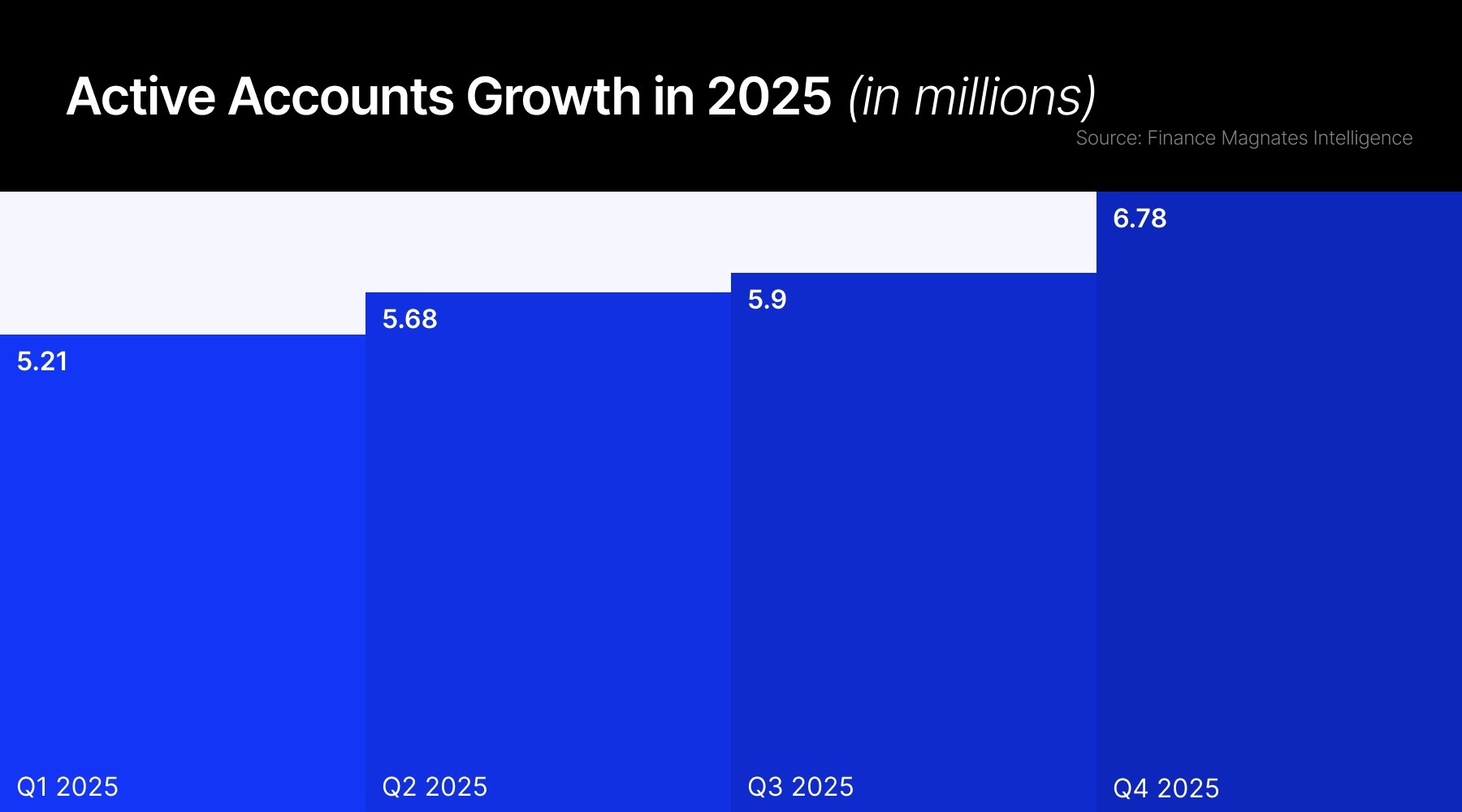Russia will begin testing digital ruble for real-world use cases on August 15 with 13 banks and some of their clients. According to a statement issued by the country's central bank, Russia will begin issuing the digital currency for broad use cases if the pilot project is successful.
"The start of pilot testing for the digital ruble on real transactions is a critical stage of this project," Olga Skorobogatova, the First Deputy Governor of the Bank of Russia, said in the statement which was translated from Russian.
"We will be able to test how the digital ruble platform operates in real-life conditions, check all necessary procedures with the participation of clients, adjust the processes where needed, and make sure that the customer journey is convenient and easy-to-understand for users."
Digital Ruble Use Cases
Specifically, the central bank is testing transactions, including opening digital wallets for the ruble, money transfers, transfers between users, payments of bills, and purchasing goods and services using digital currency. According to Skorobogatova, users can make payments in digital rubles at 30 points of sale located in 11 Russian cities.
Additionally, Russia is planning to expand the number of digital rubles to include dynamic QR code-based payments and business-to-business digital ruble transfers. The heavily-sanctioned country is also planning to expand the number of participants for the trials drawn from the corporate and retail segments.
Russia's Digital Ruble Bill
In July, Finance Magnates reported that Russian President Vladimir Putin had signed a bill into law for the digital ruble. The legislation allowed the Bank of Russia to issue its own digital currency, otherwise known as the Central Bank Digital Currency (CBDC). The currency is also expected to be used alongside other currencies and payment methods in Russia.
Russia was dealt a big blow after the US, and several of its Western allies sanctioned the country for invading its neighboring country, Ukraine. Following the sanctions, Russia has shifted its focus to digital currencies to circumvent the restrictions, which has crippled its financial services.


















